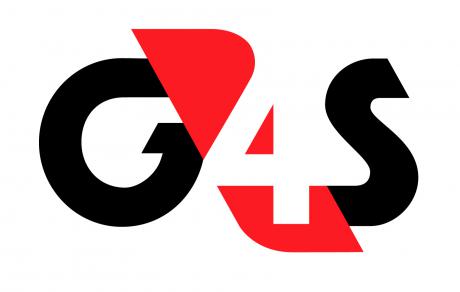Would you really take human rights advice from G4S?
The past few years have seen the landscape of free advice become sparser, with public and other funding cuts forcing many services to shrink or close entirely. We alone have lost 11 Law Centres in the wake of civil legal aid cuts. Against this background, it is all the more important that remaining services work effectively, both on their own and in collaboration with others. Trust between client and adviser, as well as trust between advice agencies, is fundamental to the way advice works, especially in straitened times.
This explains our surprise when we found out in late July that the Equalities Advisory and Support Service (EASS) was to be contracted to outsourcing giant G4S – the same scandal-hit G4S that caused the 2012 Olympics security disaster. If that were not enough to raise concerns, the news report was based on a leak rather than an ordinary contract award announcement. It also came just over two months before this nationwide contract was due to start.
Faced with this unusual situation, we and other organisations tried to get clarifications about the leaked news, but learned little beyond that this was indeed the Government’s decision. That worried us. Our issue with G4S is that, in other public contracts it has delivered, its track record has been quite problematic, and reflects a disturbing culture. Horrible stories of people being neglected, abused, facing violence and even dying while in G4S’ hands.
We needed to alert Parliament’s Select Committees, which scrutinise Government’s work. Liberty had assembled a dossier of G4S violations. Using it, we, Liberty and 40 other organisations wrote to committee chairs and demanded an inquiry. MPs could immediately see the problems outlined. 48 opposition MPs wrote to Education Secretary Justine Greening MP, also the Minister for Equalities, to echo the concerns we had raised. The Chair of the Joint Committee on Human Rights, Harriet Harman MP, also wrote to Ms Greening, seeking clarification on the selection of G4S and on how Government was going to ensure that EASS is ‘an accessible, confidence-building helpline service’.
Along with the parliamentary route, we thought that several elements of the selection process looked, on the face of it, legally objectionable. For this reason, in late August we wrote to the Government to start the process of a legal challenge. Beyond our concerns about the choice of G4S, it seemed to us that Government has fallen short of its own standards in the Public Sector Equality Duty. This includes considering how public procurement decisions impact on equalities considerations – especially, you would think, in a service that is all about equalities.
We asked the High Court not only to declare Government’s decision unlawful but to quash it too. However, because we found out about G4S’ choice so late, and because of the time frames of the legal process, a Judge only got to hear our case days before the new contract was due to start.
This could not have gone so far without people’s engagement. What better indication of the public’s concern than people actually getting involved? As soon as news broke about the G4S contract, an online petition was set up by global consumer watchdog SumOfUs. To date it has over 61,000 signatories, some of whom have also chipped in with donations, which helped us get the legal challenge started.
As the case progressed we realised that we would need additional help from the public. As a small charity, the Law Centres Network does not have dedicated funds for litigation, which is expensive and carries both funding and reputational risks. We have set up a CrowdJustice crowdfunding page which, as I write, has just met its first target, all in a matter of days. The support keeps on coming. Last week campaigning organisation 38 Degrees have set up their own petition against giving G4S the EASS contract. It has already passed 80,000 signatures and counting. Government needs to take note.
With the G4S contract due to start on 1 October, it was only on 30 September that the Judge delivered her decision – and it was disappointing. While she recognised the serious public concern, and agreed that the case was in the public interest, she refused to grant us permission for Judicial Review.
Still, the problem and our concerns about it have not gone away. Having put our best efforts into the legal challenge, we are now considering our options and next steps. What is certain is that we will keep up the fight for truly accessible advice and legal support for all, and by various means. We hope we can count on the public’s continued support.






